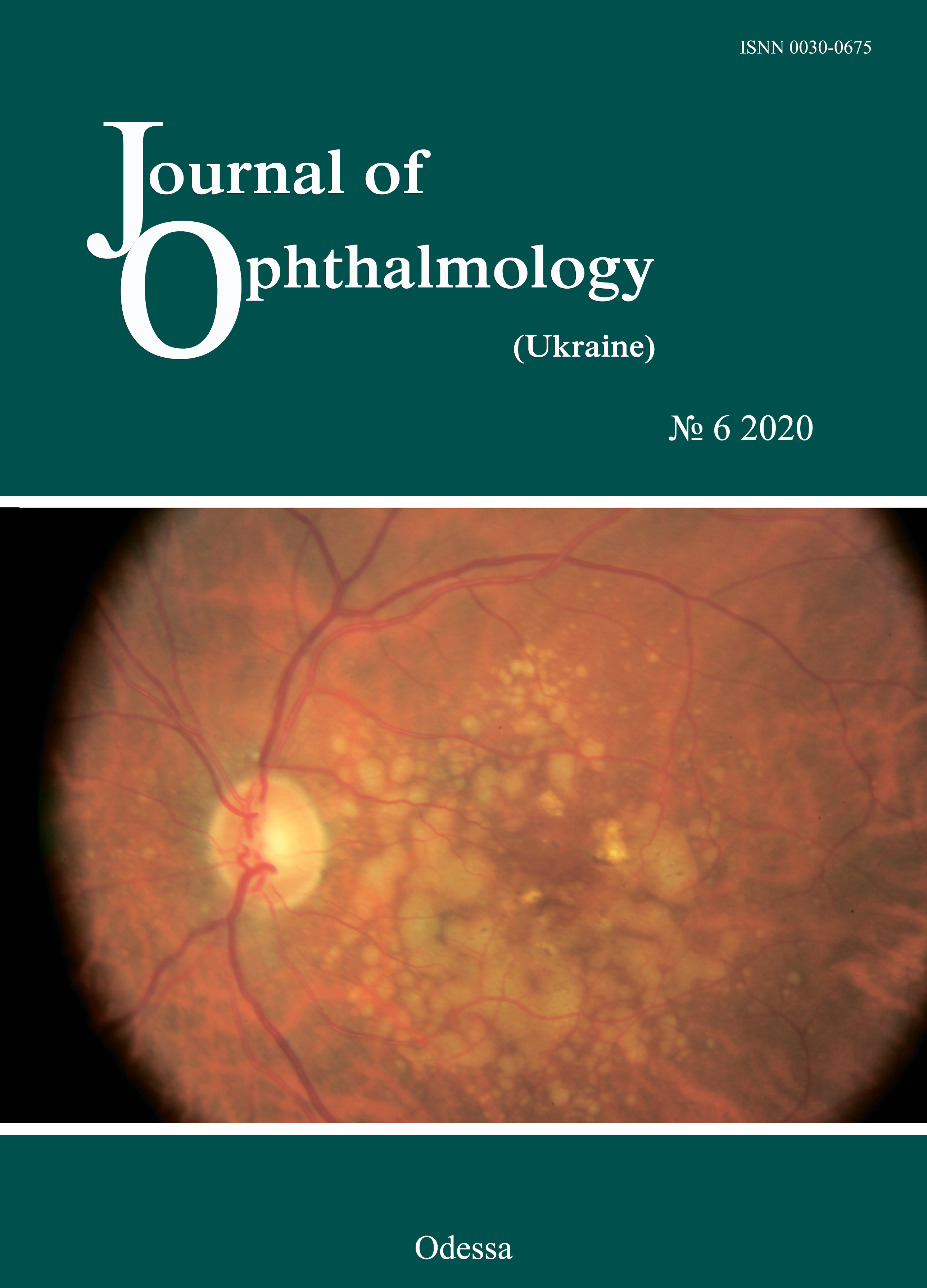Time budget allocation by and stress and job satisfaction among eye care workers
DOI:
https://doi.org/10.31288/oftalmolzh202067682Keywords:
time budget allocation, interrole conflict, stress, job satisfaction, ophthalmologistsAbstract
Background: Studies on eye care workers’ time budget are relevant because a current ophthalmologist is challenged by a high caseload, necessity to have at least two part-time jobs to help his/her financial status, job-related burnout, stresses, interrole conflicts, etc. To our best knowledge this is the first study to investigate the relation between time budget allocations and social and demographic parameters, and the role of an adequate time budget in job satisfaction and combating stress and burnout.
Purpose: To determine (1) the composition of time spent in different activities by different categories of eye care workers and (2) the relations between time budget parameters, stress reactions and job satisfaction.
Material and Methods: Two hundred and eleven eye care workers from the Filatov Institute of Eye Disease and Tissue therapy were requested to respond to relevant questions. The response rate was 85.8% (181/211). The 181 responders included 99 nursing staff members and 82 ophthalmologists. The responders completed a specially designed questionnaire. In addition, we used the Rodina, Biron, Ukhanova, Semeniuk, and Kernas Interrole Conflict Scale for Eye-care Workers, the Tsekhmister, Daniliuk, Rodina, Biron, and Semeniuk’s Stress Reaction Inventory for Eye Care Workers, and the Kim, Leong, and Lee’s Job Satisfaction Scale (JSS).
Results: Time spent working represented the largest component of the time budget for both physicians and nurses. It was demonstrated that ophthalmologists worked overtime, and both eye care doctors and eye care nurses self-reported sleep deprivation. Our principal component analysis demonstrated the presence of interrole conflicts (work-family and family-work conflicts) for eye care doctors, but not for eye care nurses. Adequate physical activity and adequate sleep duration appeared to provide protection against family-work conflicts and improve both the capacity to mitigate emotional responses to stressors and job satisfaction. There was a decrease in nurses’ job satisfaction with an increase in their engagement in professional activities; this characterizes a vocational maladjustment mechanism (they worked just because they had to). Therefore, the time allocation study methodology enabled rather objectively assessing working conditions of care workers and approaches to meeting their needs.
Downloads
Published
How to Cite
Issue
Section
License
Copyright (c) 2025 О. В. Лісеєнко, І. І. Савенкова, Н. С. Семенюк, В. О. Суслова, Л. П. Перевязко

This work is licensed under a Creative Commons Attribution 4.0 International License.
This work is licensed under a Creative Commons Attribution 4.0 International (CC BY 4.0) that allows users to read, download, copy, distribute, print, search, or link to the full texts of the articles, or use them for any other lawful purpose, without asking prior permission from the publisher or the author as long as they cite the source.
COPYRIGHT NOTICE
Authors who publish in this journal agree to the following terms:
- Authors hold copyright immediately after publication of their works and retain publishing rights without any restrictions.
- The copyright commencement date complies the publication date of the issue, where the article is included in.
DEPOSIT POLICY
- Authors are permitted and encouraged to post their work online (e.g., in institutional repositories or on their website) during the editorial process, as it can lead to productive exchanges, as well as earlier and greater citation of published work.
- Authors are able to enter into separate, additional contractual arrangements for the non-exclusive distribution of the journal's published version of the work with an acknowledgement of its initial publication in this journal.
- Post-print (post-refereeing manuscript version) and publisher's PDF-version self-archiving is allowed.
- Archiving the pre-print (pre-refereeing manuscript version) not allowed.












